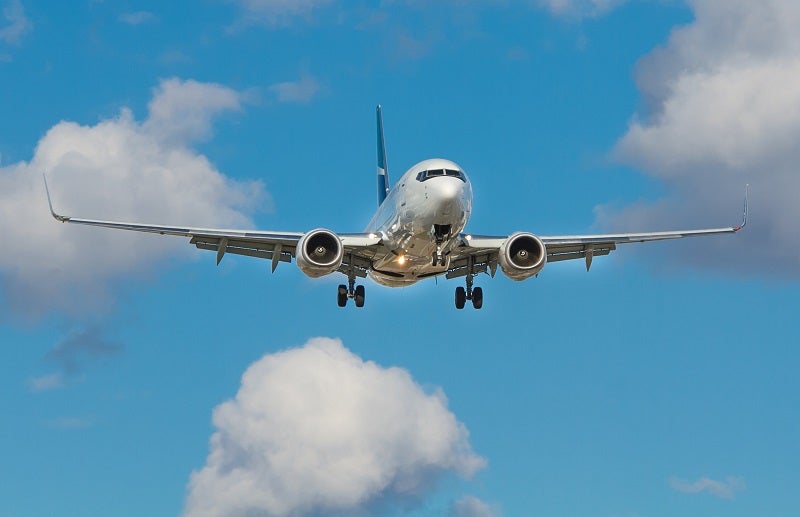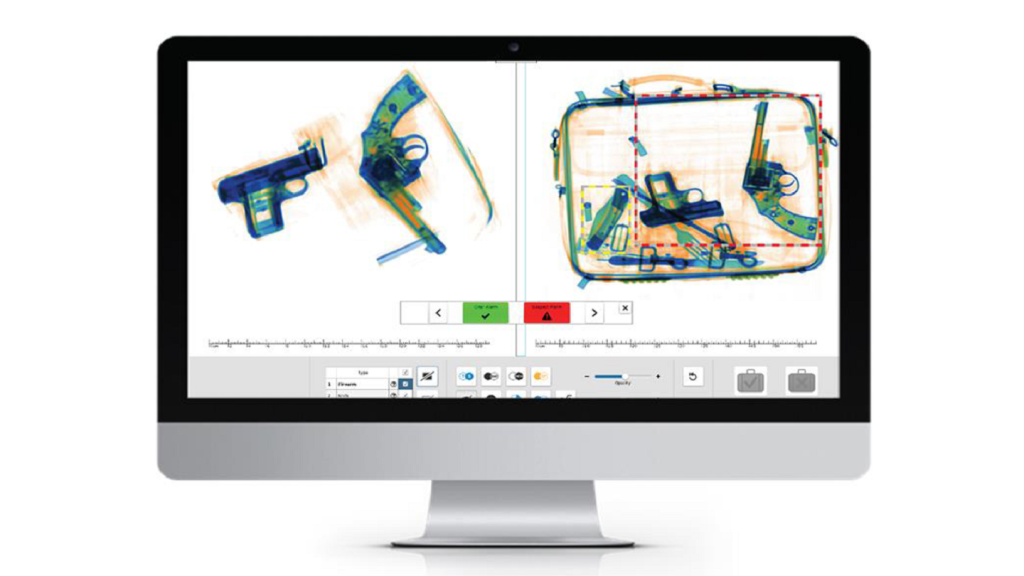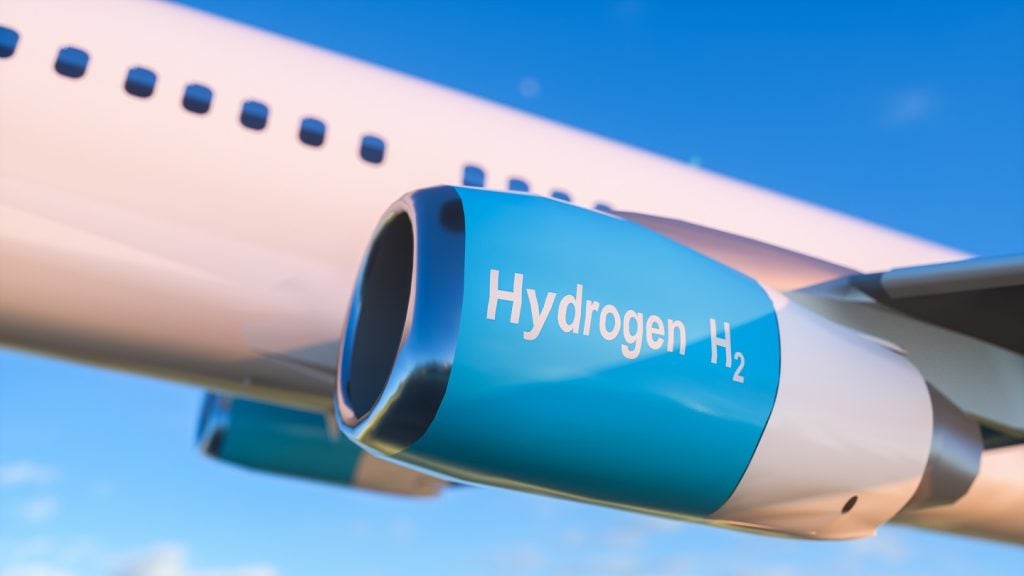
The US administration has unveiled a roadmap for sustainable air travel, setting a goal of reaching net-zero greenhouse gas emissions in the aviation space by 2050.
Some of the ‘key’ initiatives covered in the plan are developing new aircraft technologies, amplifying sustainable aviation fuels’ (SAF) production, improving operations efficiency, reducing airport emissions and enhancing airport resilience.
Sustainable fuels, which are generated from renewable and waste feedstocks, are expected to minimise aviation’s greenhouse gas emissions and support the net-zero objective.
US Transportation Secretary Pete Buttigieg has termed the Aviation Climate Action Plan as ‘ambitious yet achievable’ and is discussing the strategy at Glasgow’s COP26 climate conference.
To advance the development of efficient aircraft and engine technologies, NASA and the Federal Aviation Administration (FAA) are collaborating with the aviation industry through the Sustainable Flight National Partnership.
The new efficient narrow-body aeroplanes are anticipated to join the country’s fleet in the 2030s and the new wide-body aircraft in the 2040s.
How well do you really know your competitors?
Access the most comprehensive Company Profiles on the market, powered by GlobalData. Save hours of research. Gain competitive edge.

Thank you!
Your download email will arrive shortly
Not ready to buy yet? Download a free sample
We are confident about the unique quality of our Company Profiles. However, we want you to make the most beneficial decision for your business, so we offer a free sample that you can download by submitting the below form
By GlobalDataAccording to FAA, the US National Airspace System features efficiency but there is scope to cut down fuel burn in all stages of flight, with an intention to enhance operational efficiency.
At present, the country’s government is backing research to economically minimise some of aviation’s climate effects by restricting contrail formation.
Furthermore, the government offers several incentives to cut down emissions from airports through several programmes.
Among such programmes, the FAA-sponsored Airport Cooperative Research Programme (ACRP) aids airports to increase resilience and recognise climate risks.
This announcement comes together with a government-wide initiative, the Sustainable Aviation Fuels Grand Challenge, designed to accelerate the production of at least three billion gallons per year by 2030.
In September, FAA awarded over $431.8m in grants to enhance safety and reduce environmental impact at airports.
This week, the US completely reopened its borders, ending the pandemic-induced travel restriction that lasted around 18 months.







